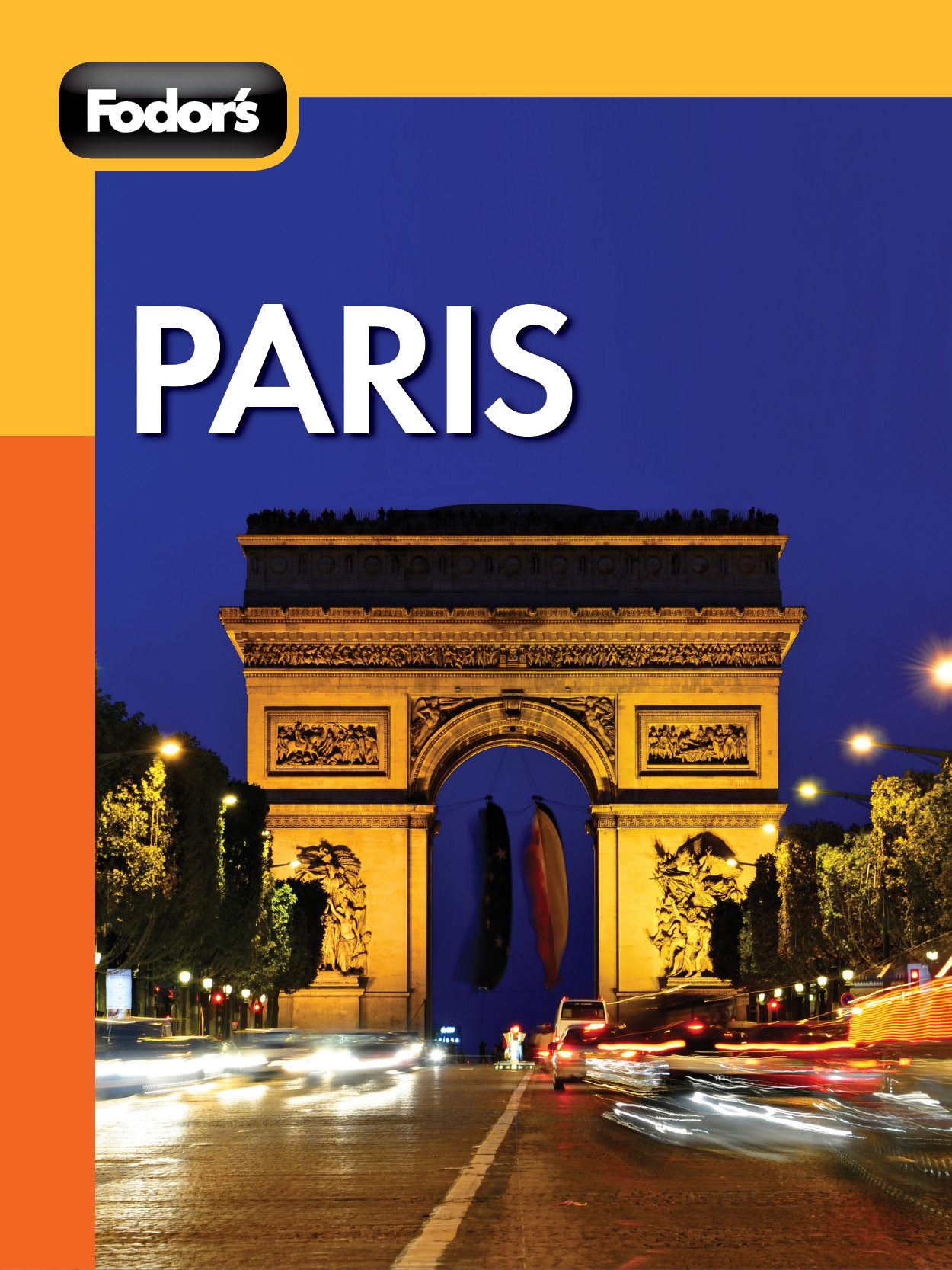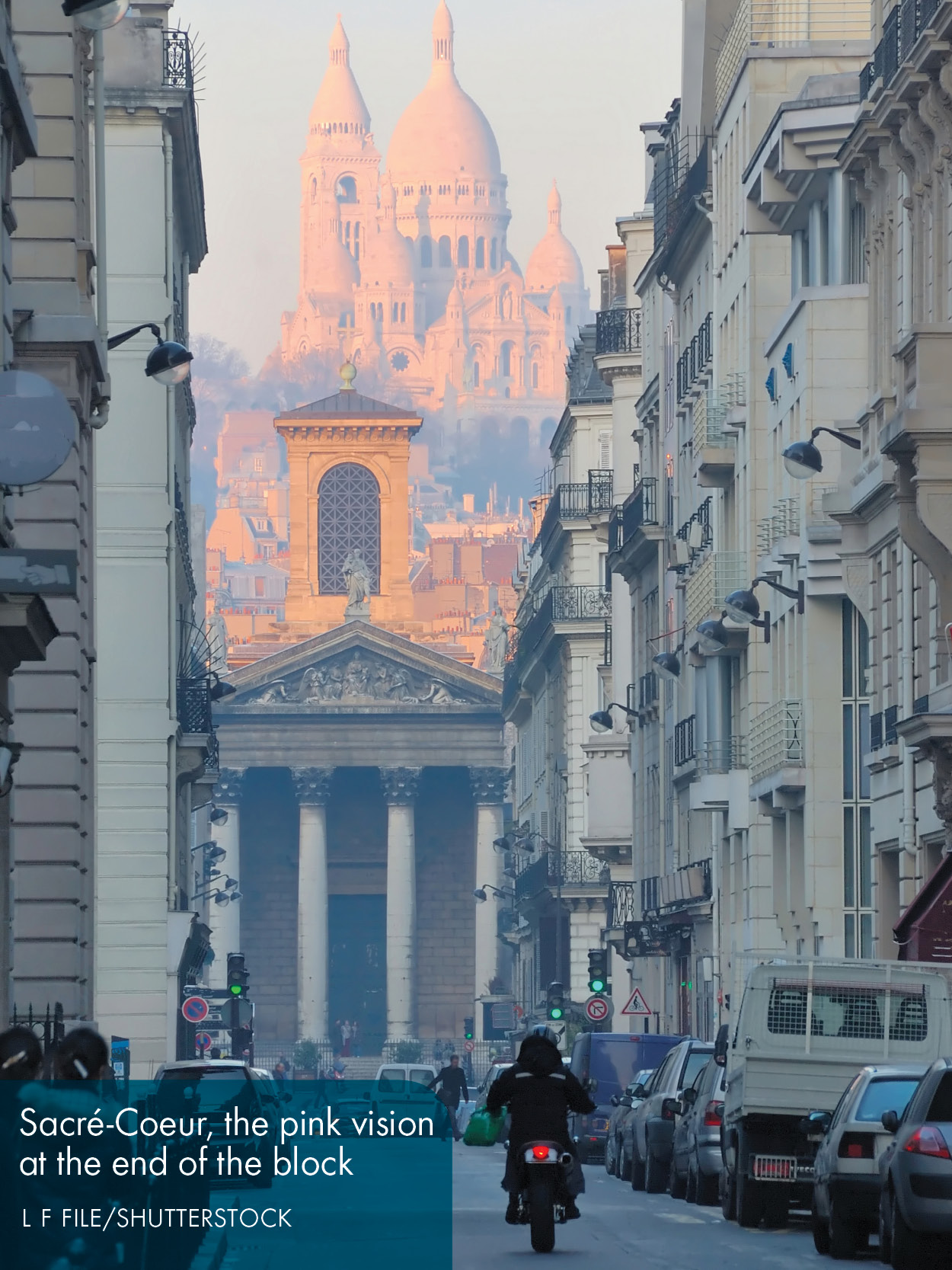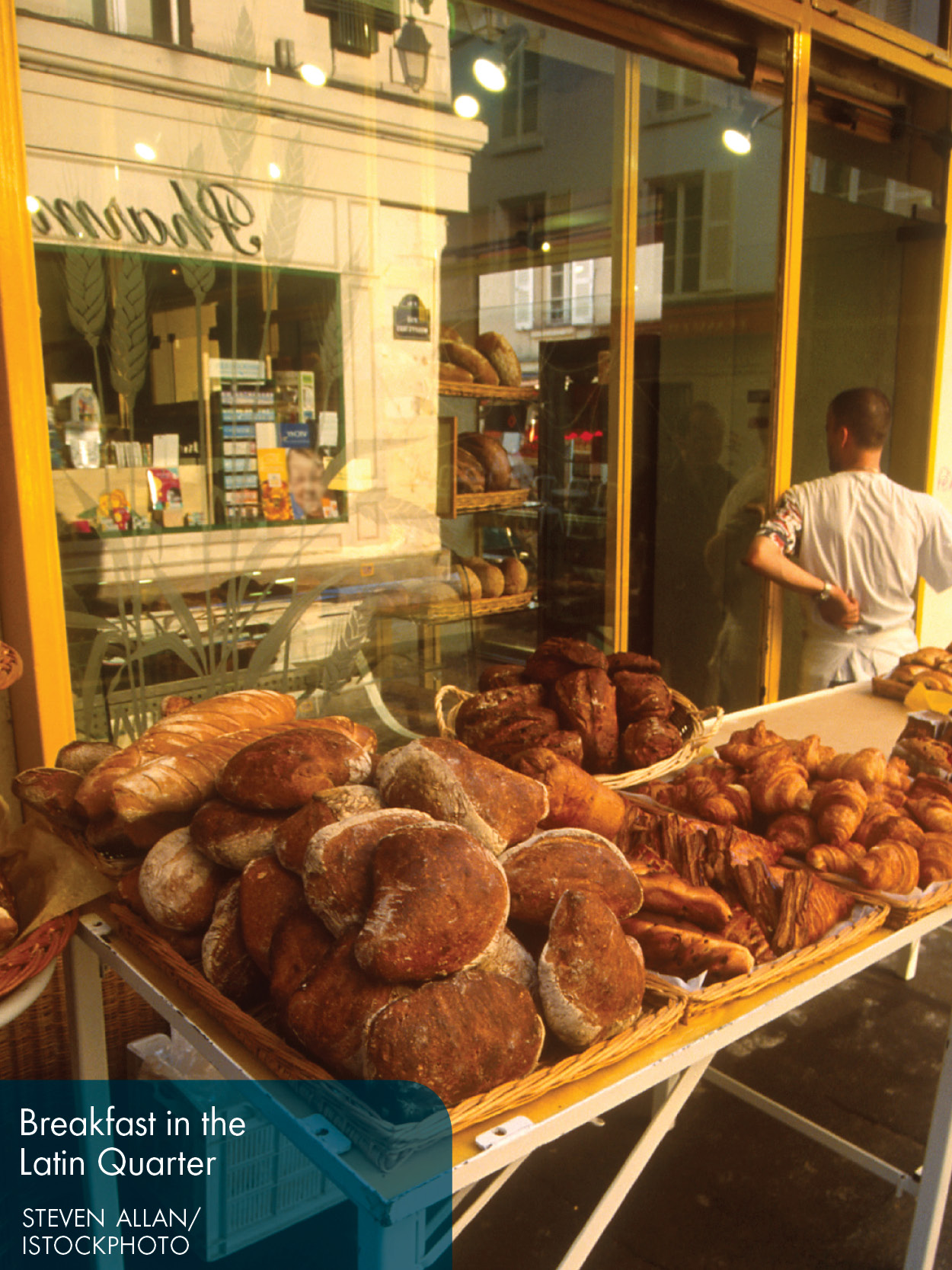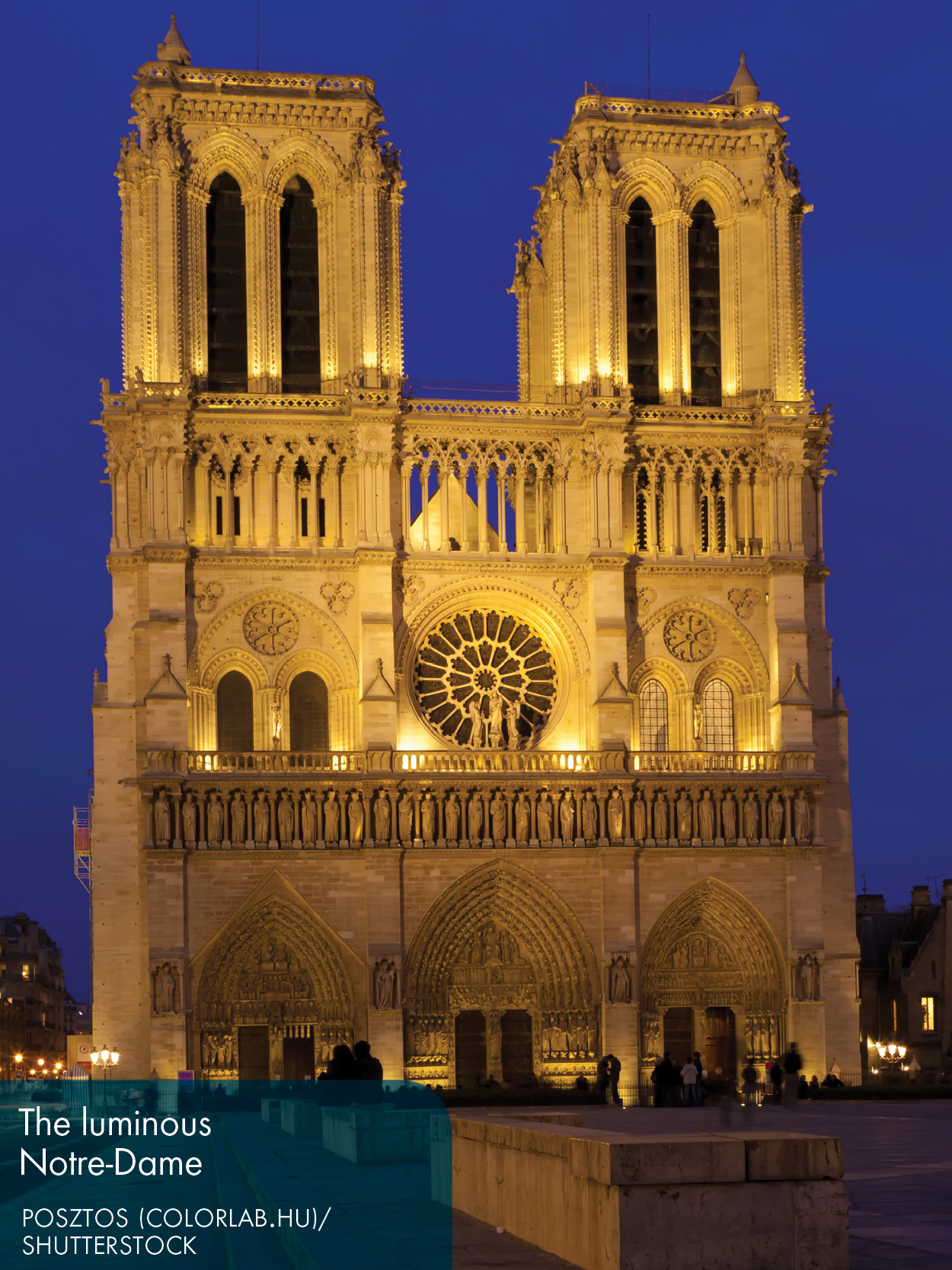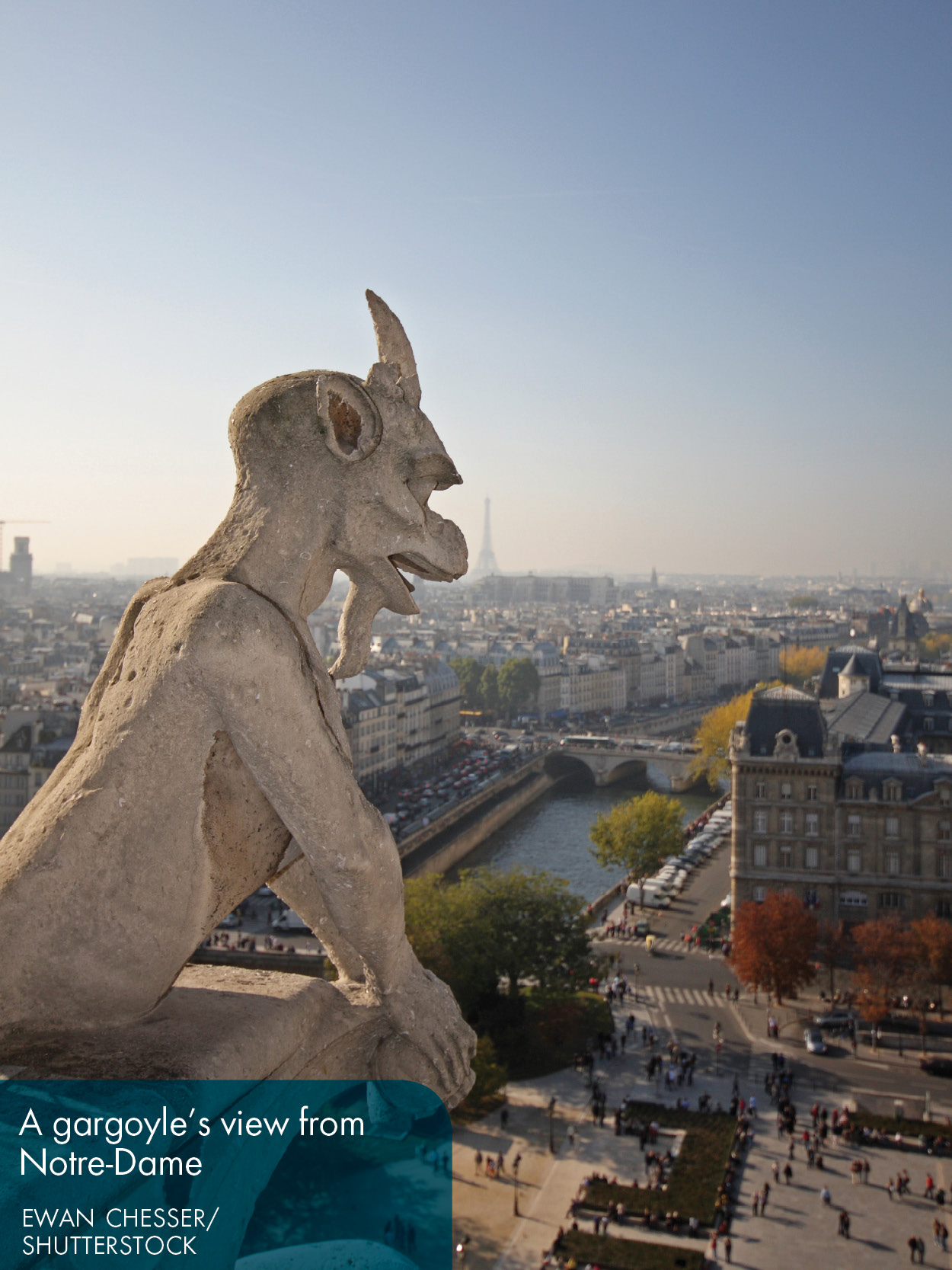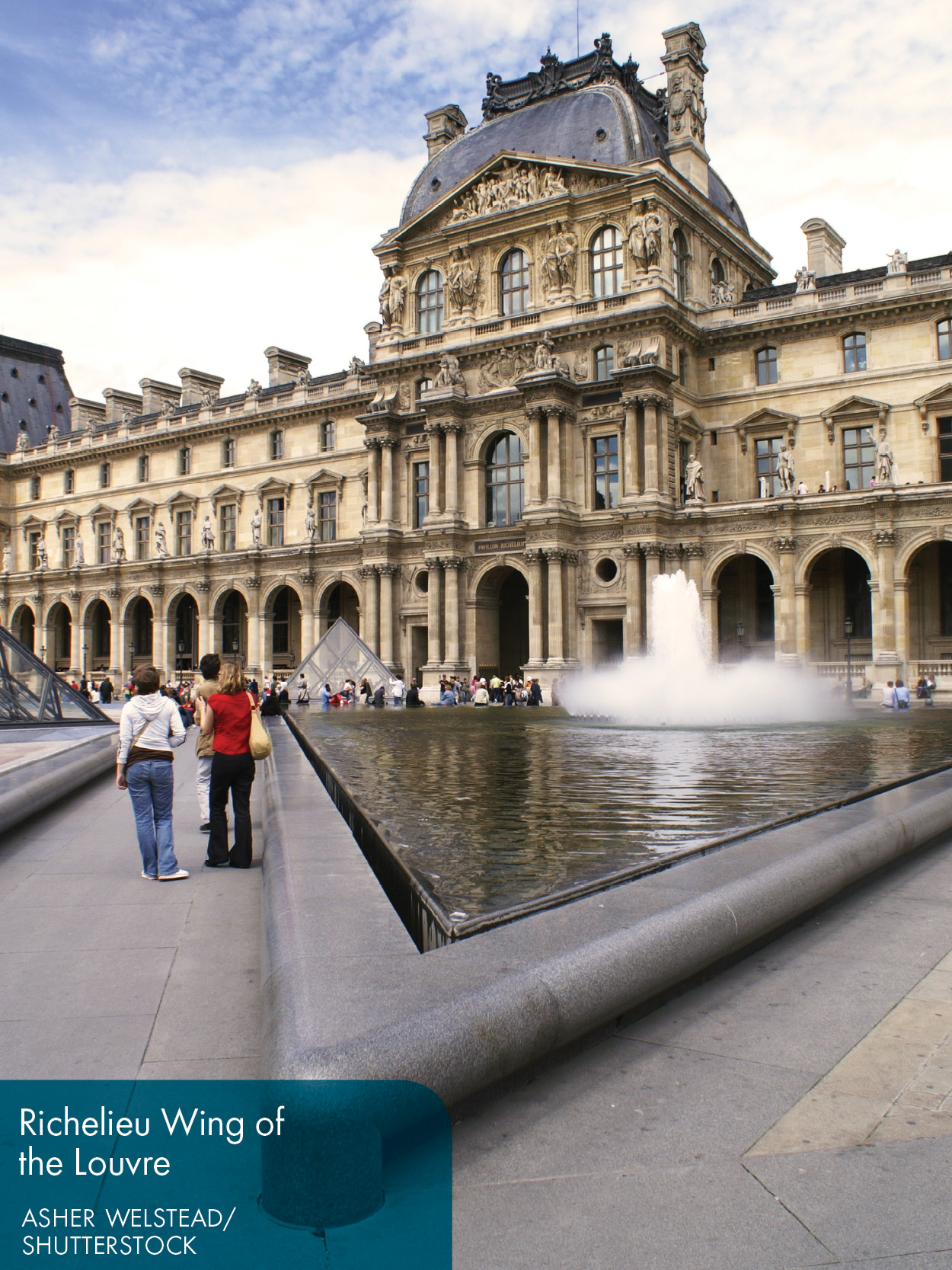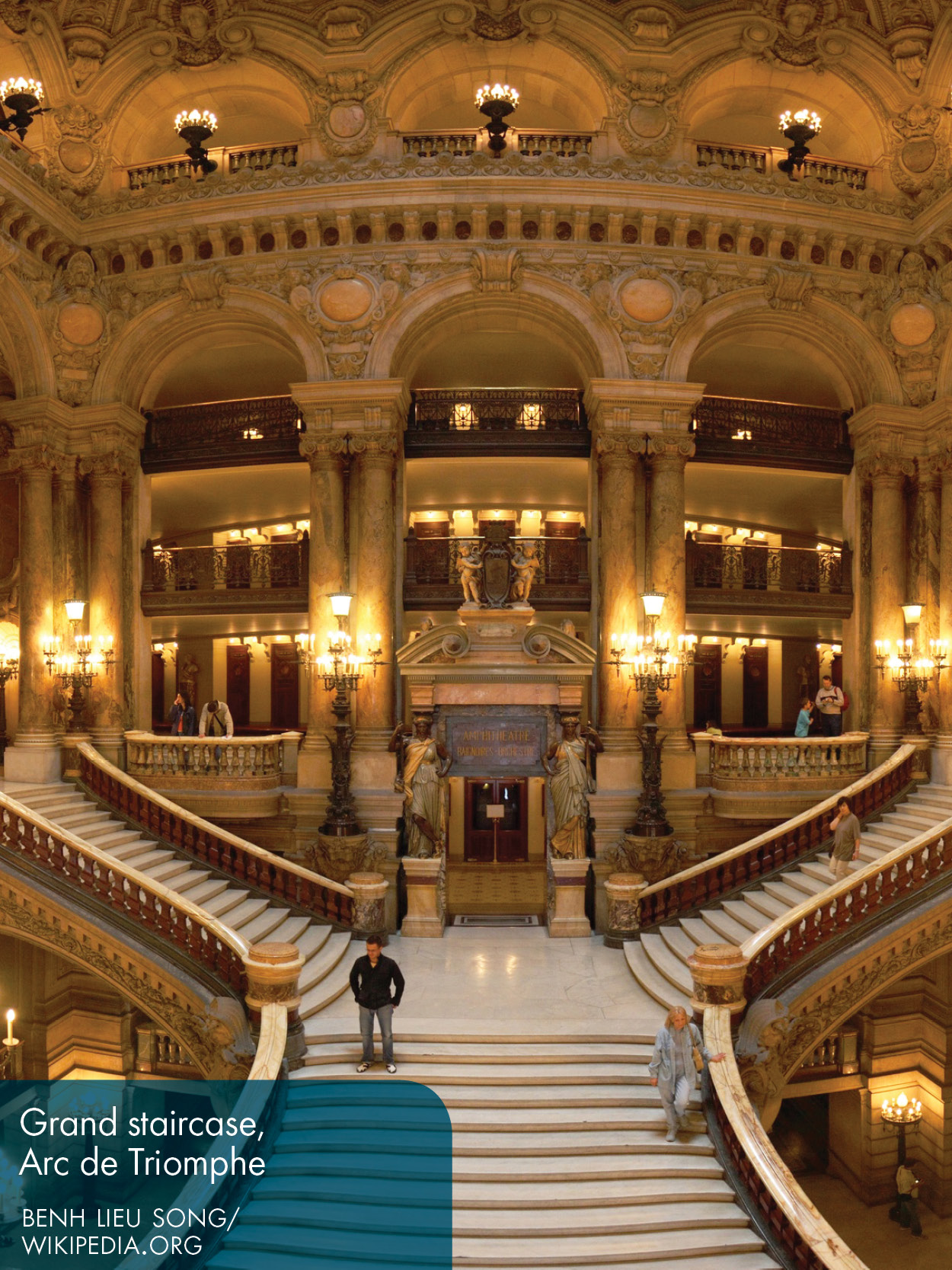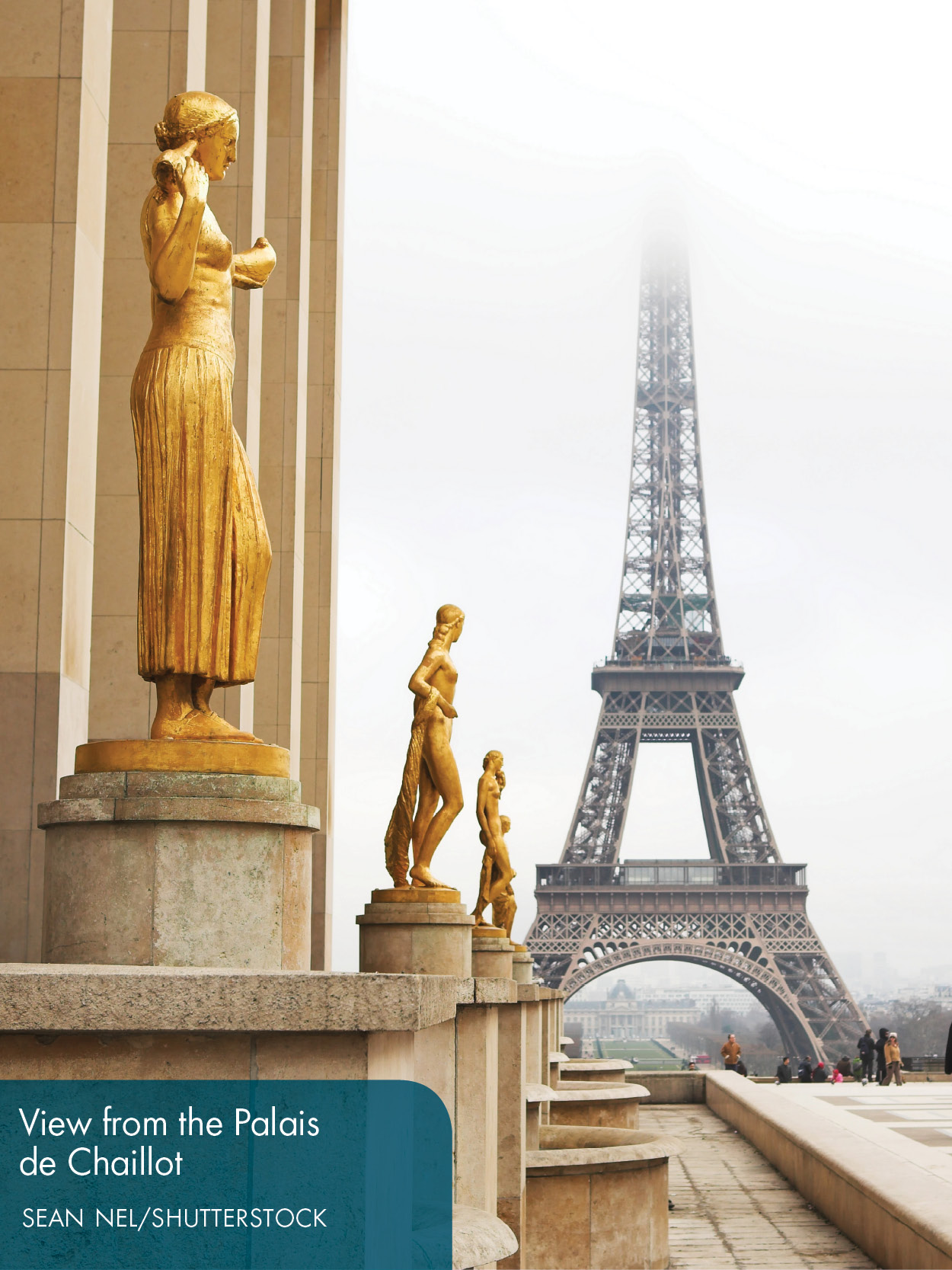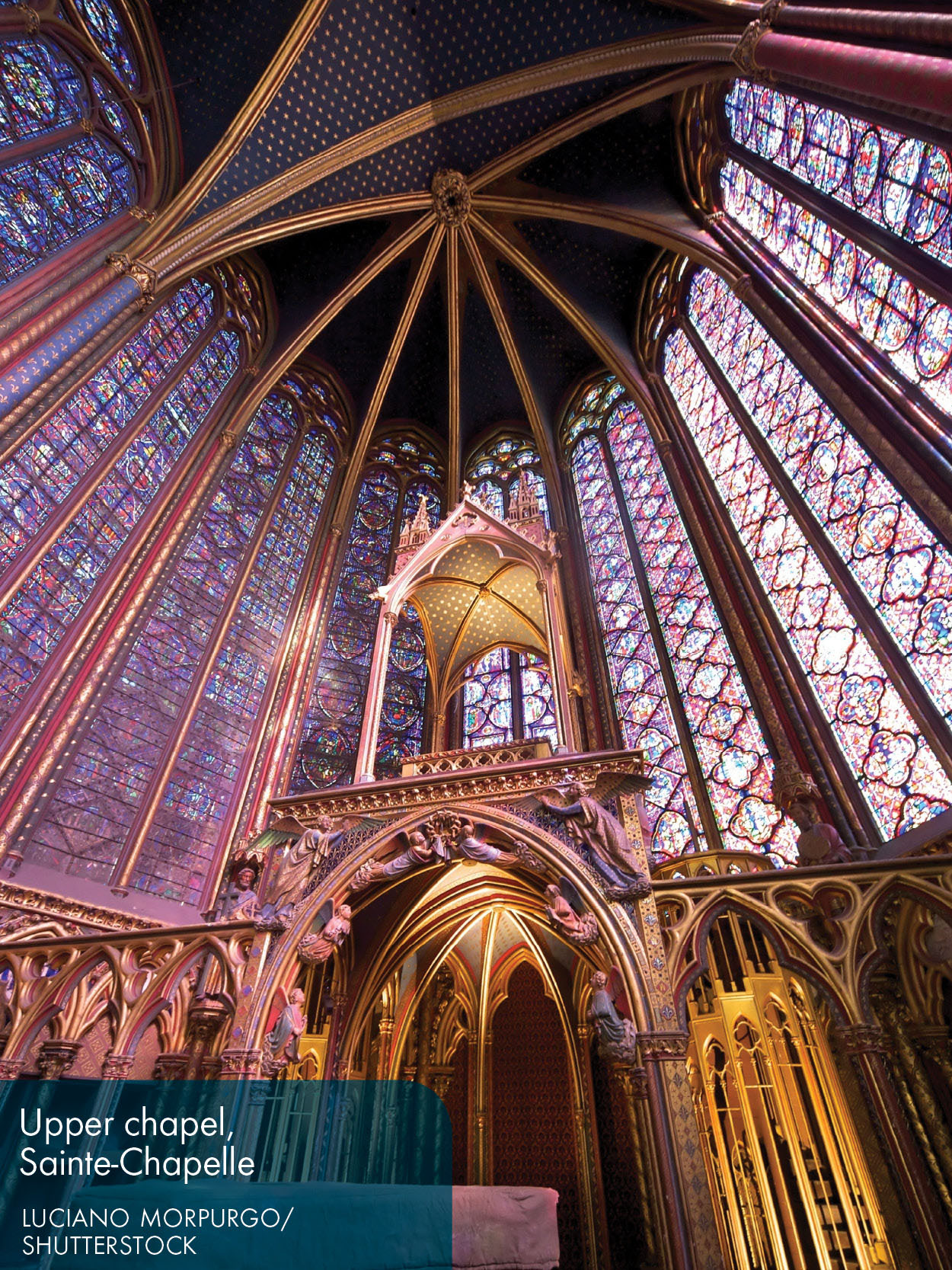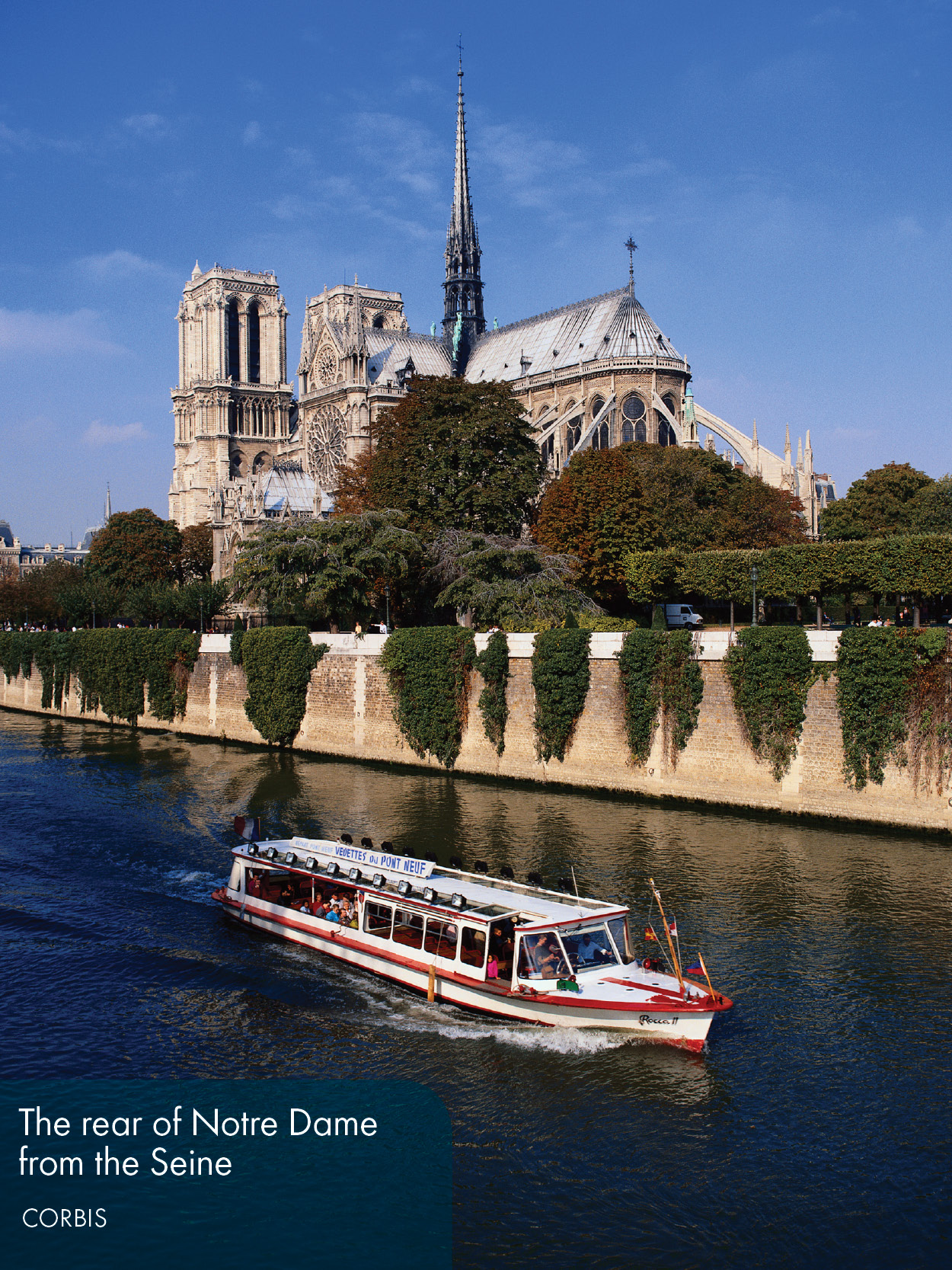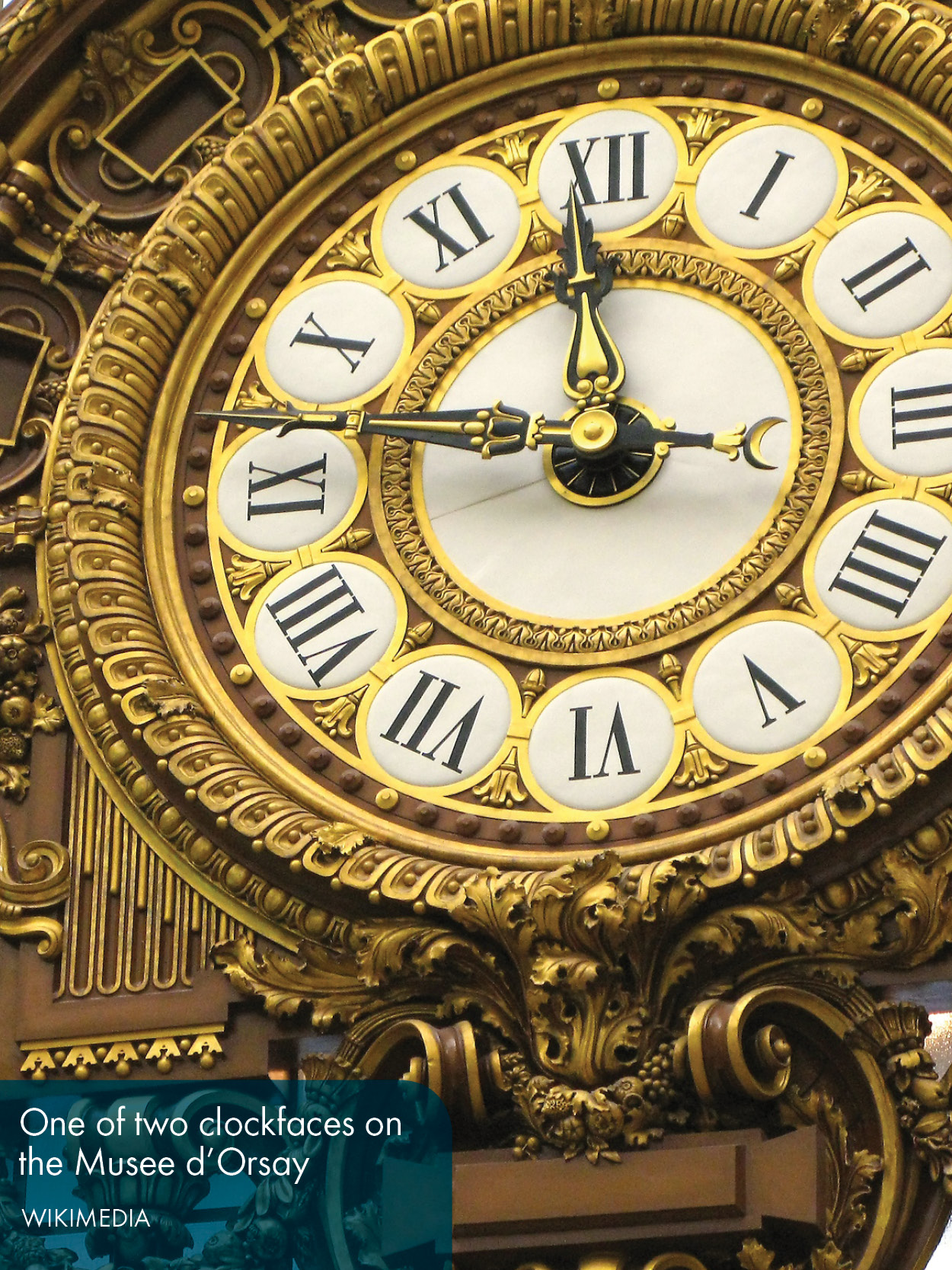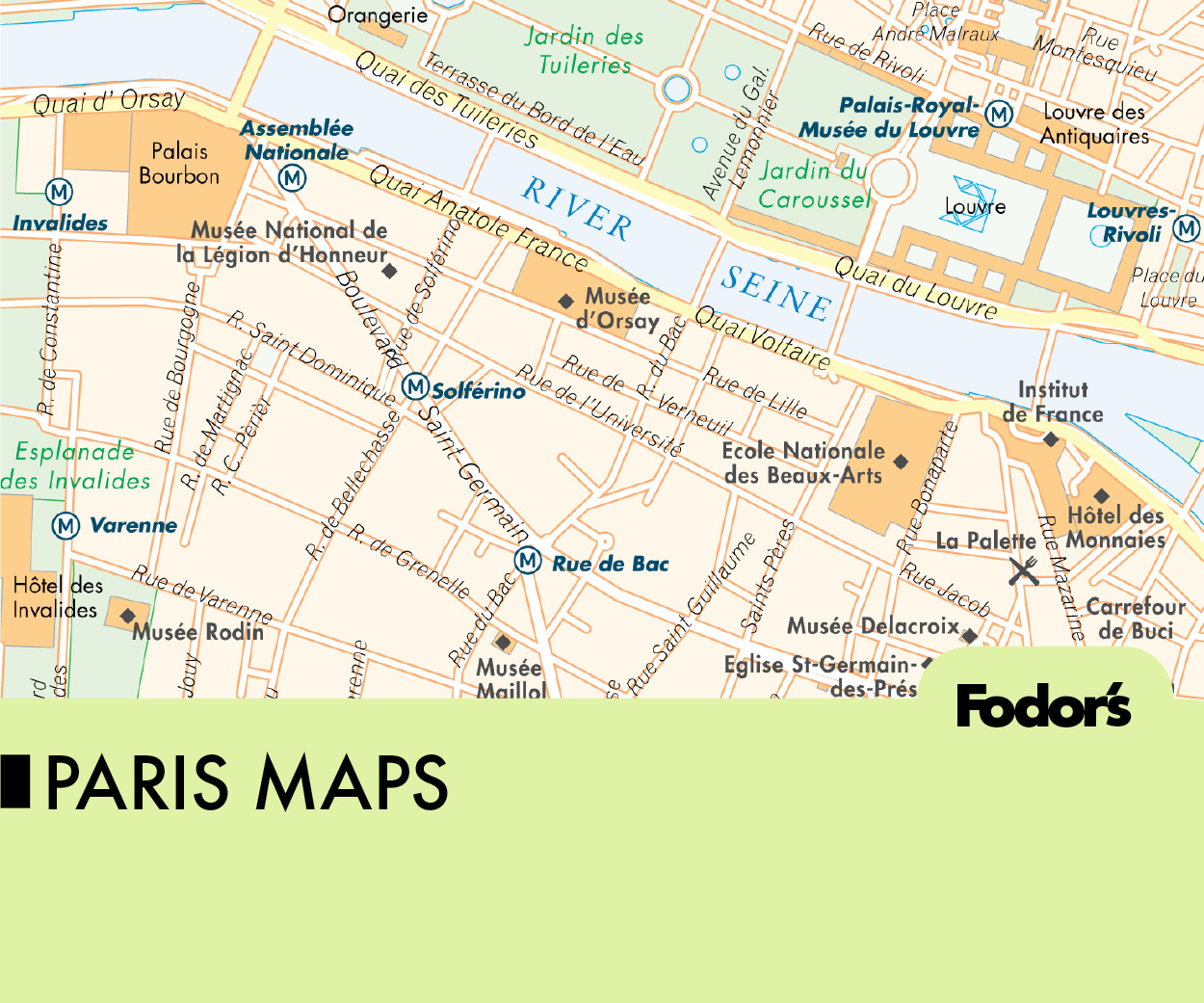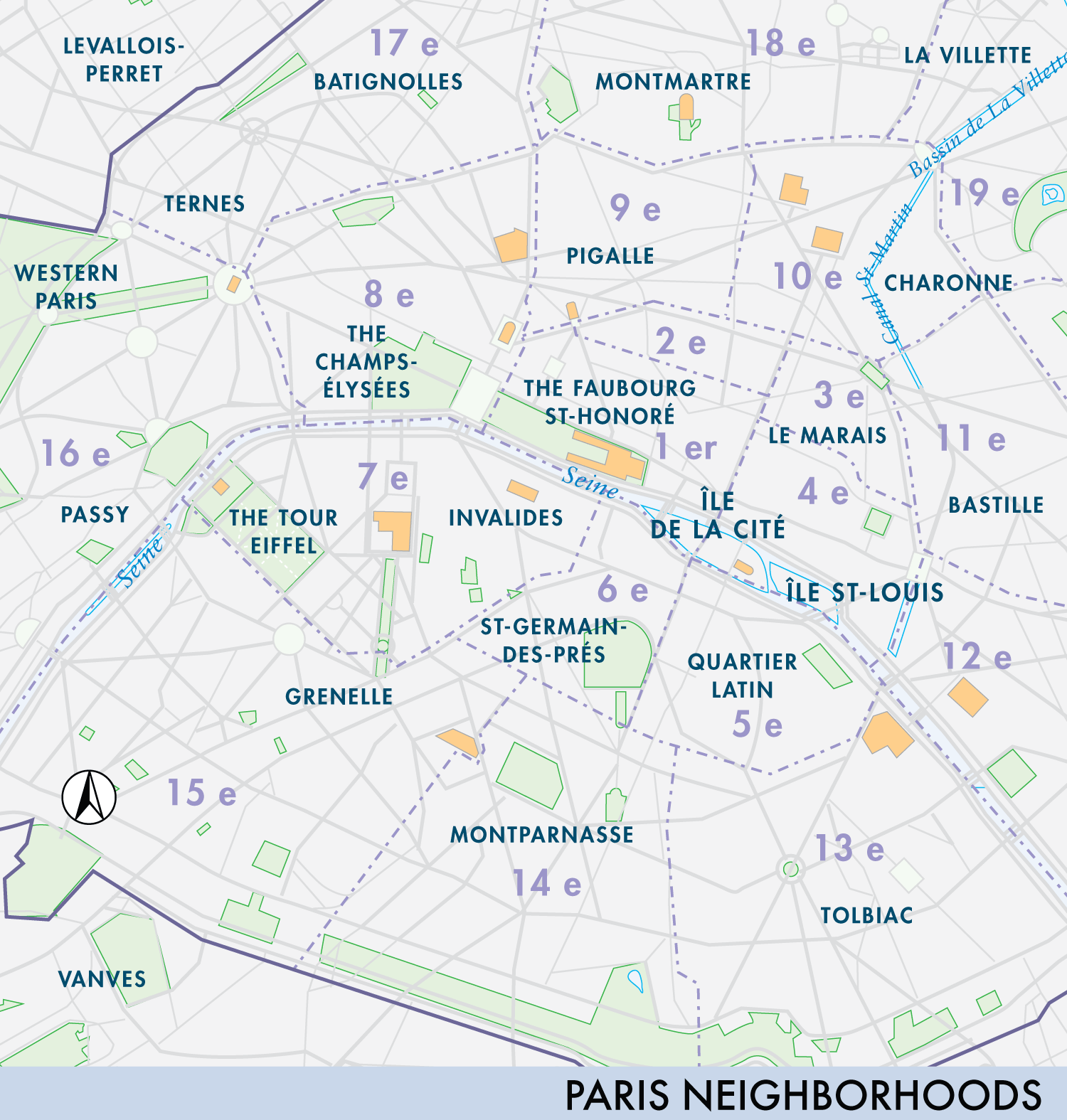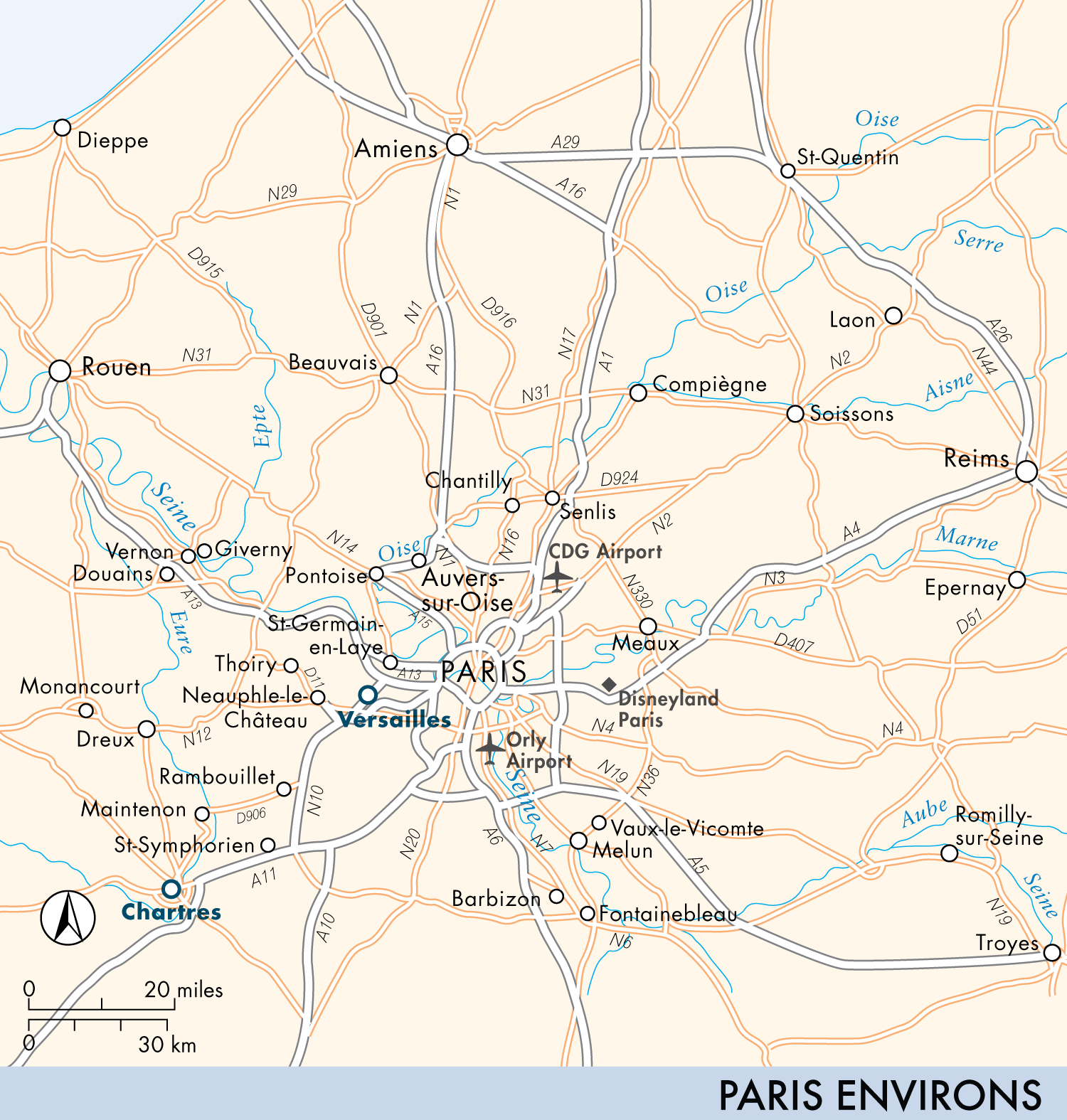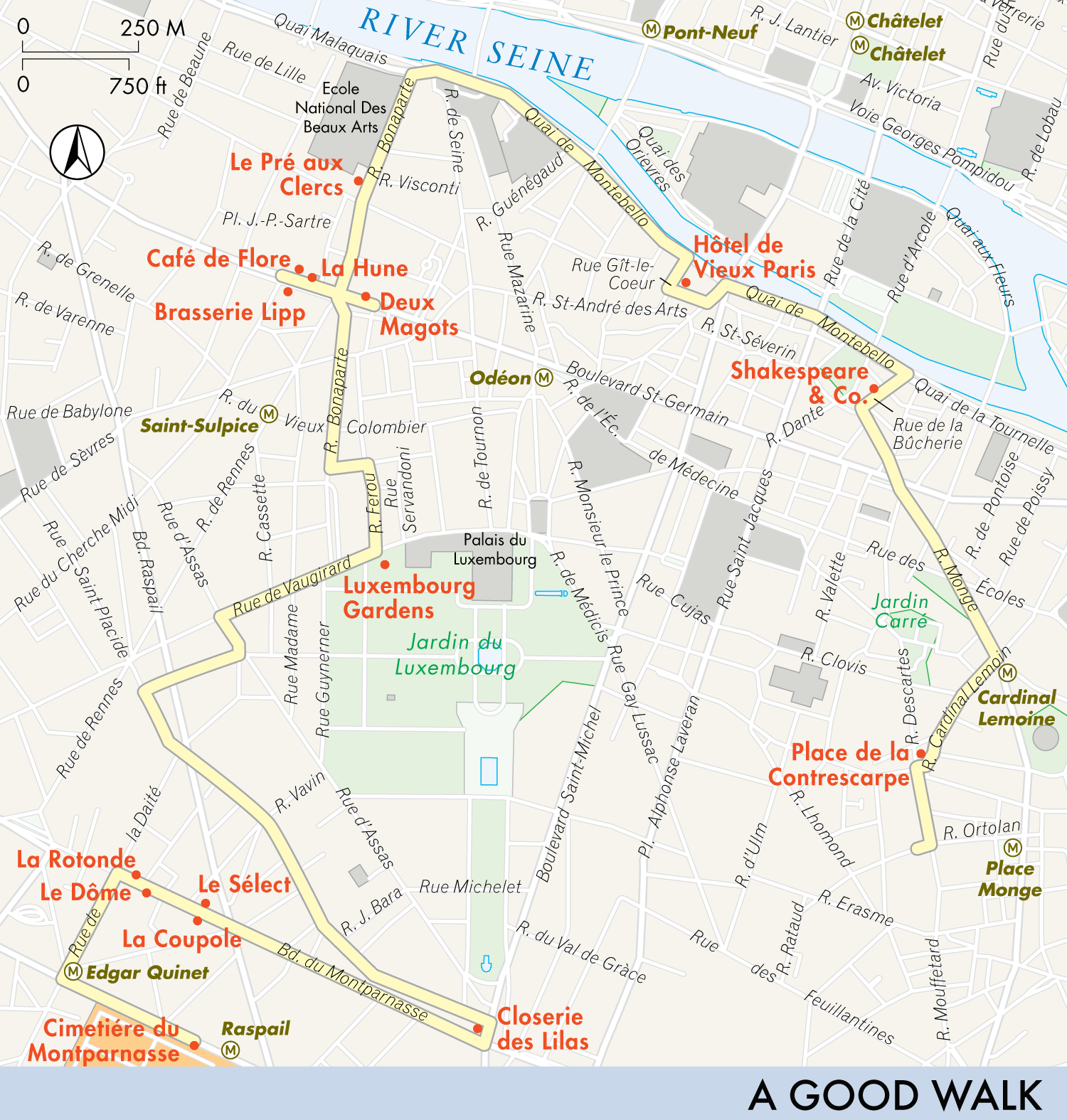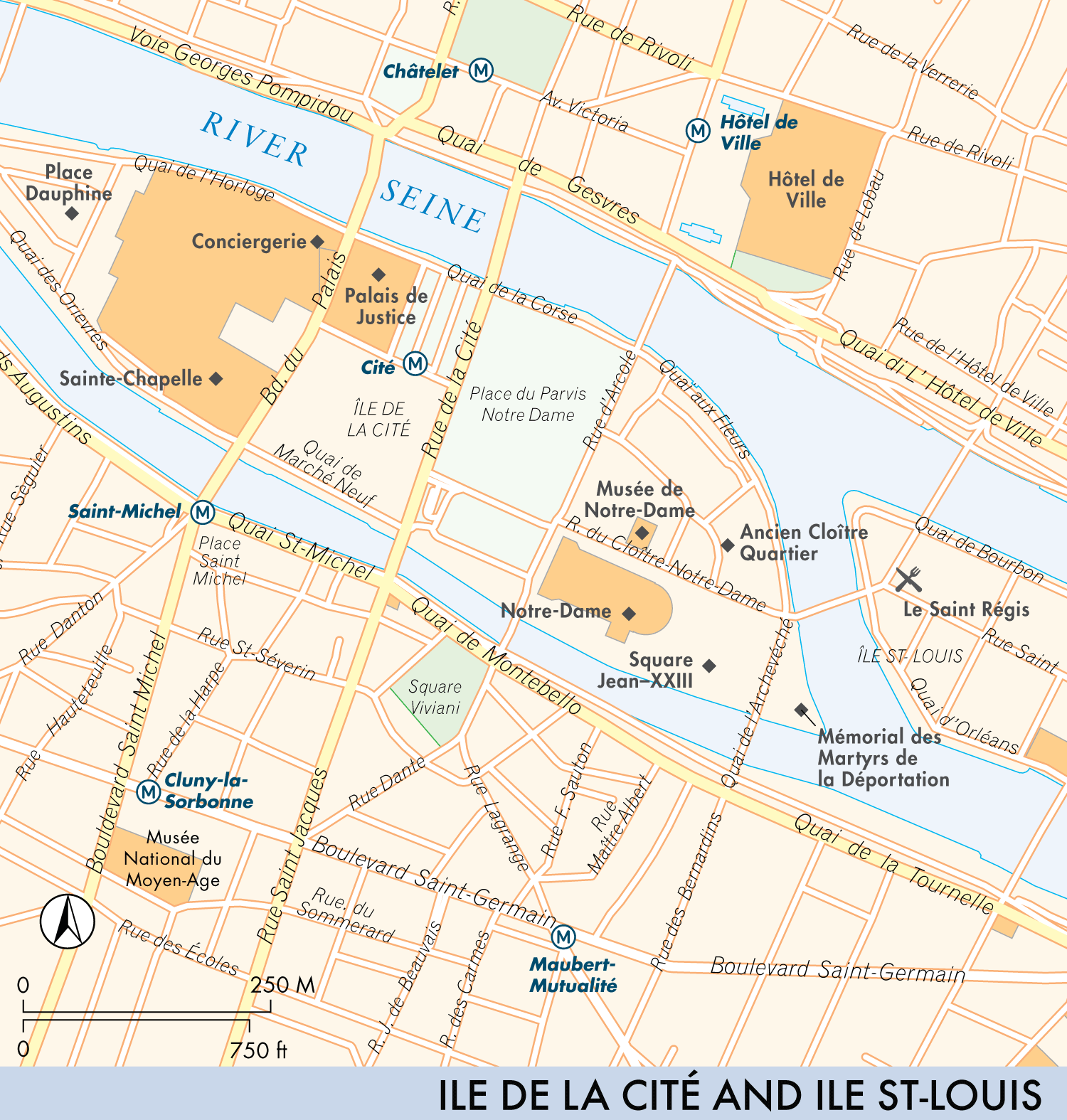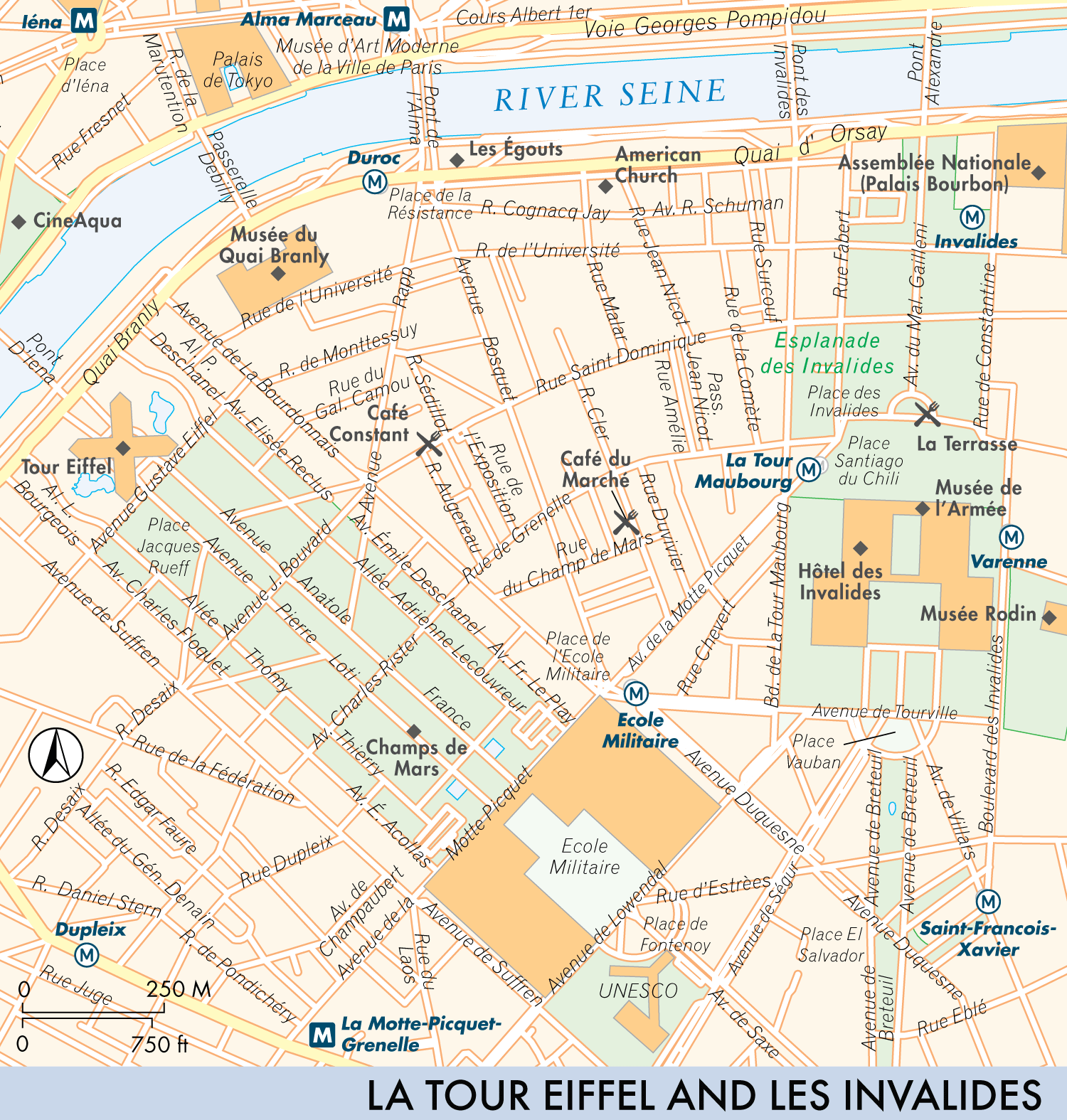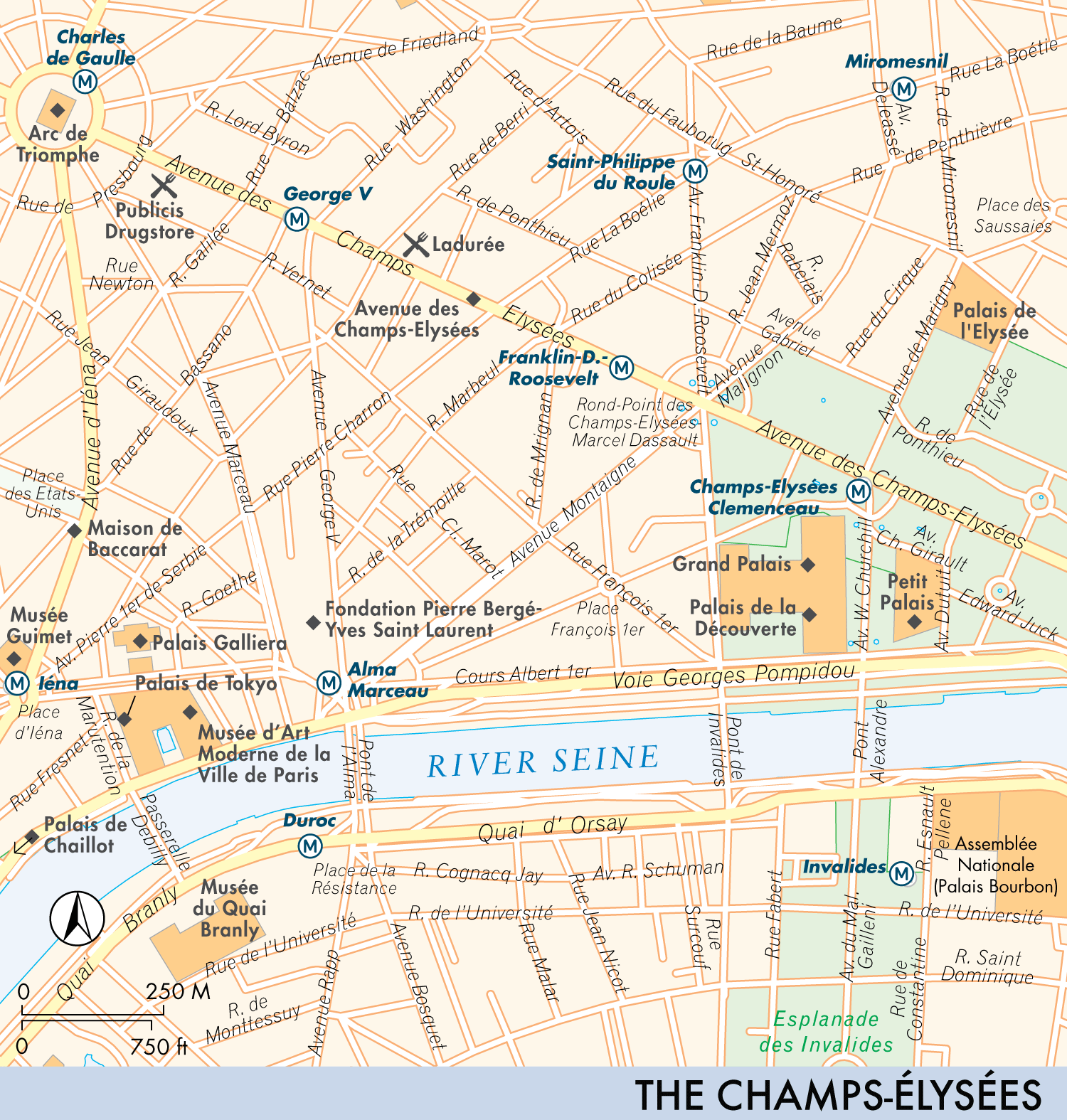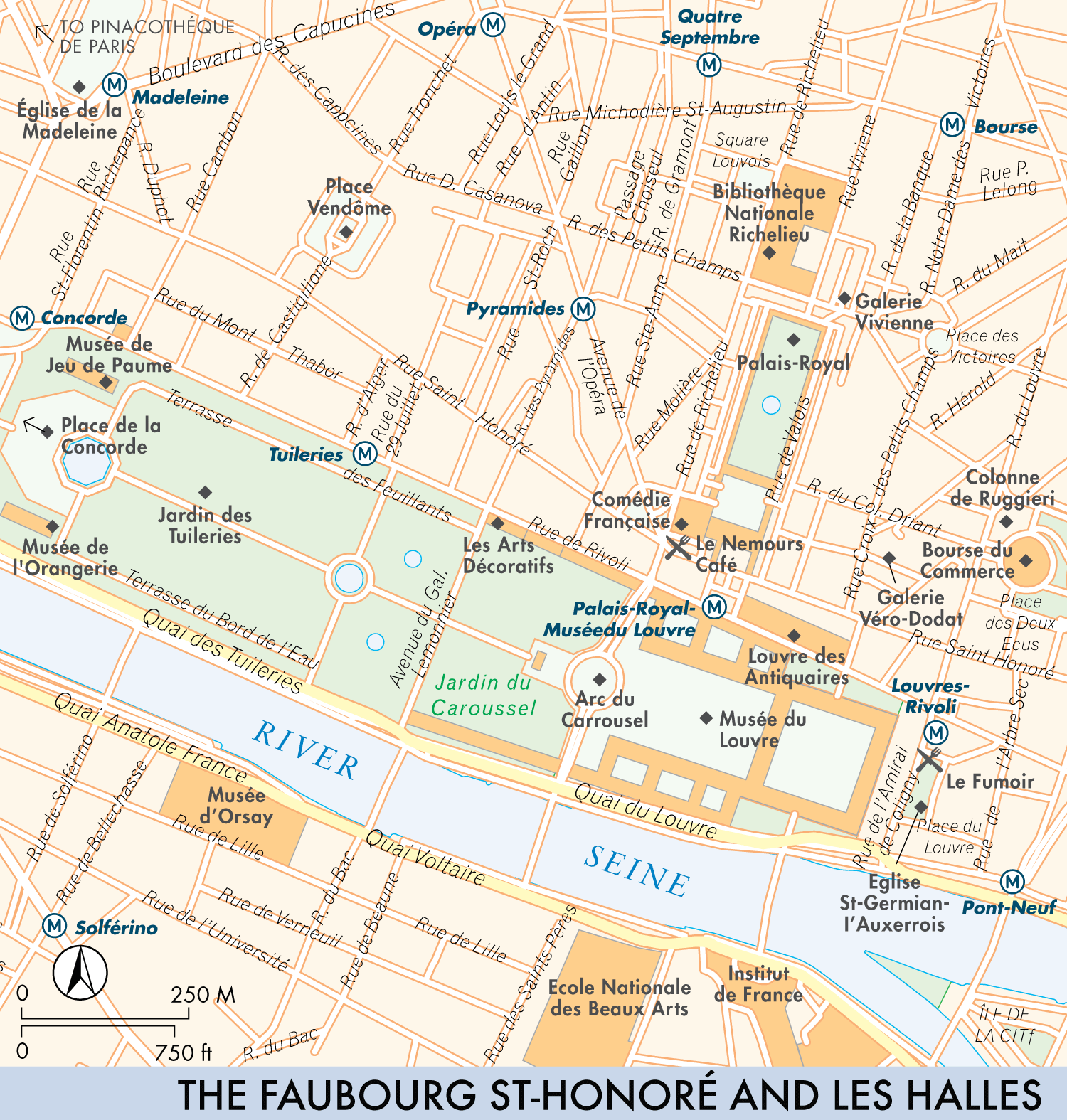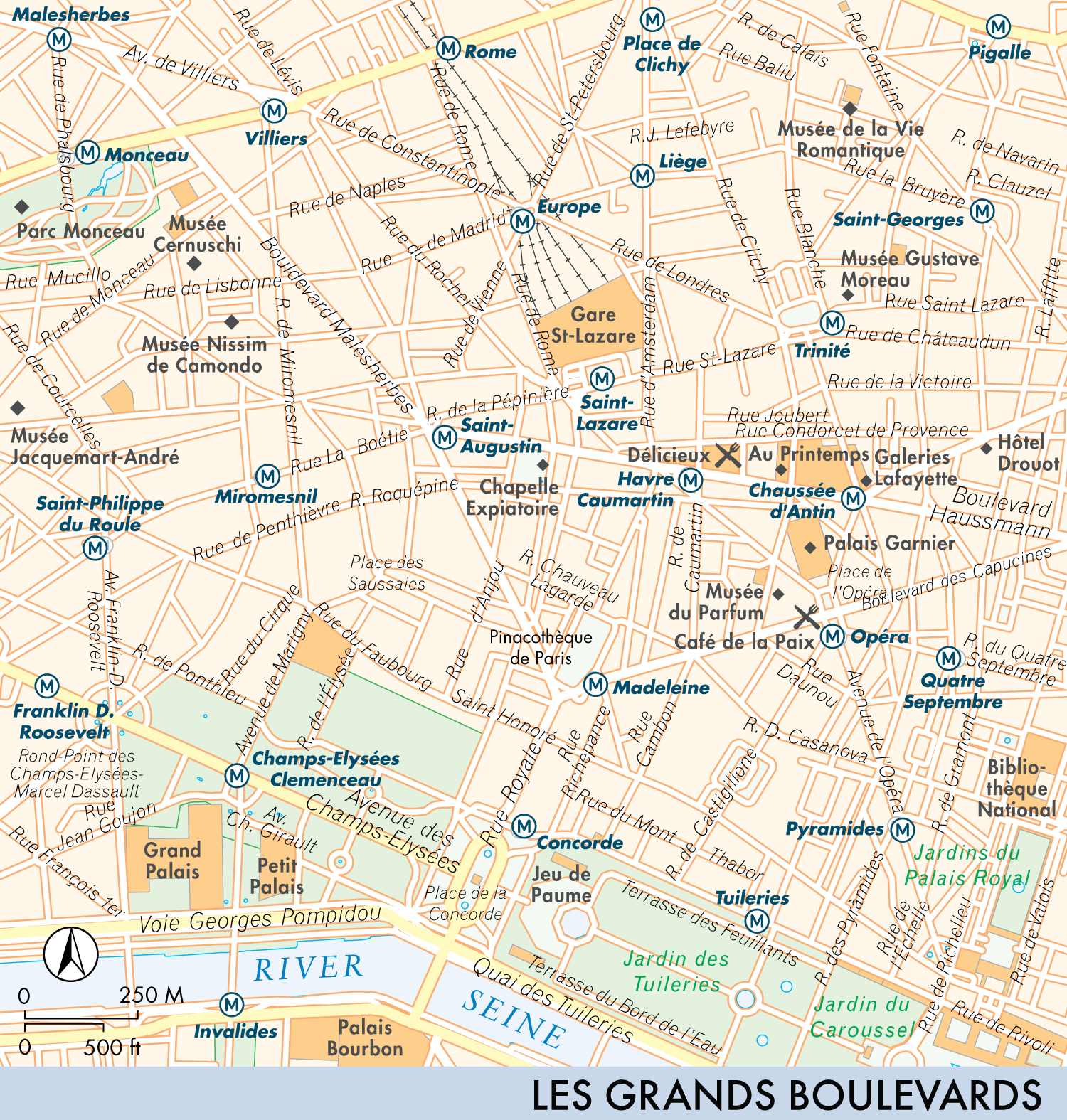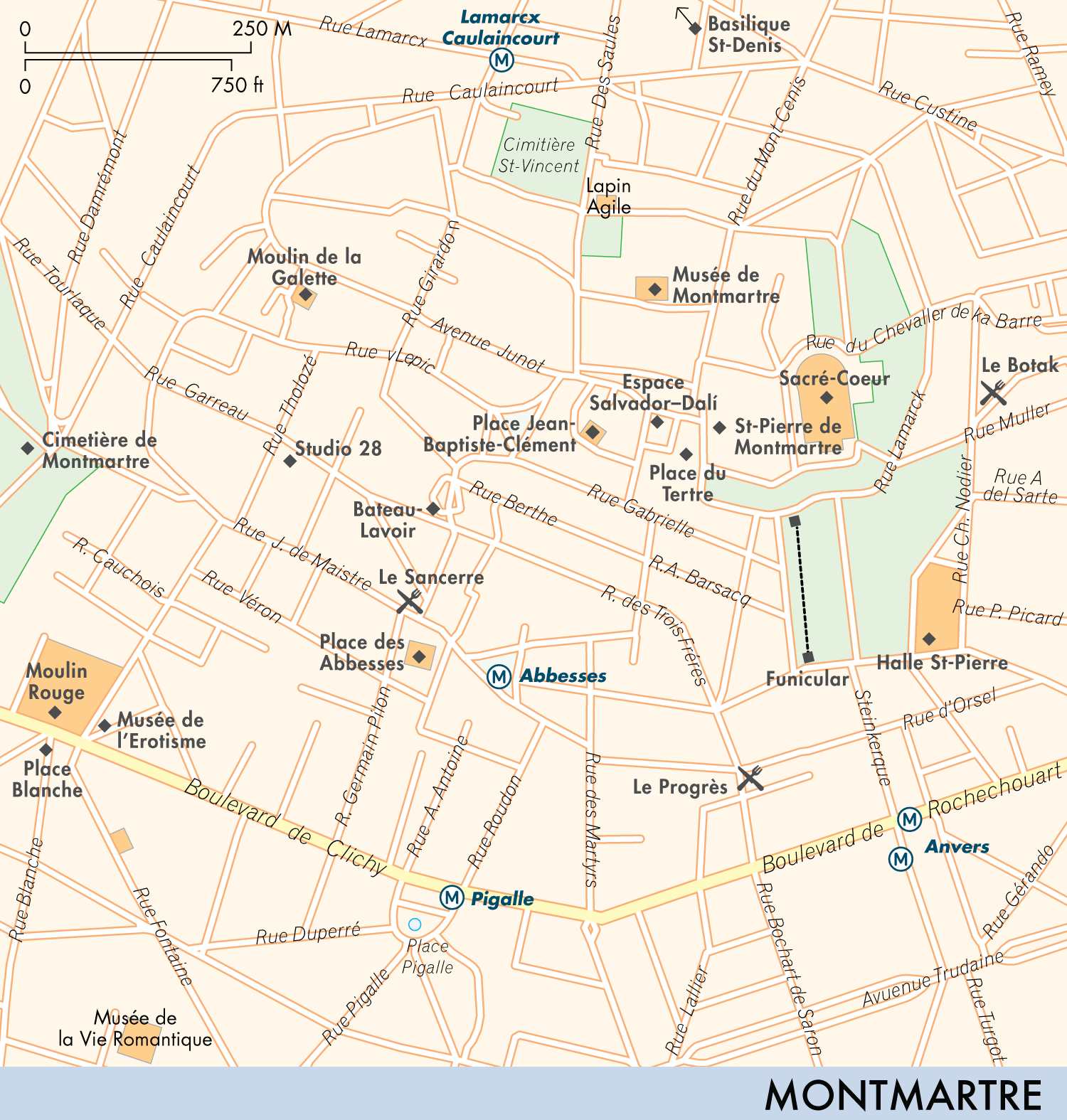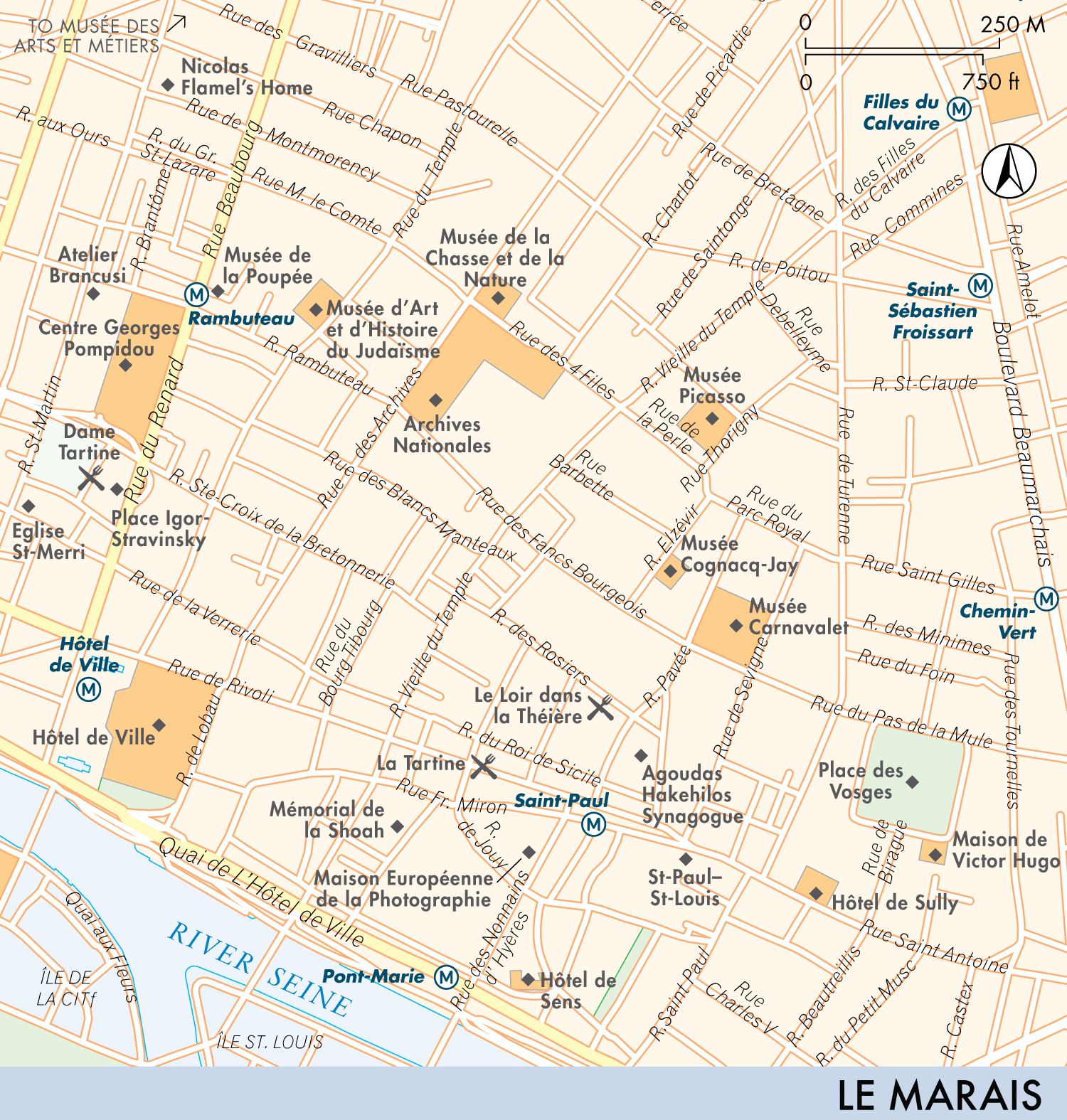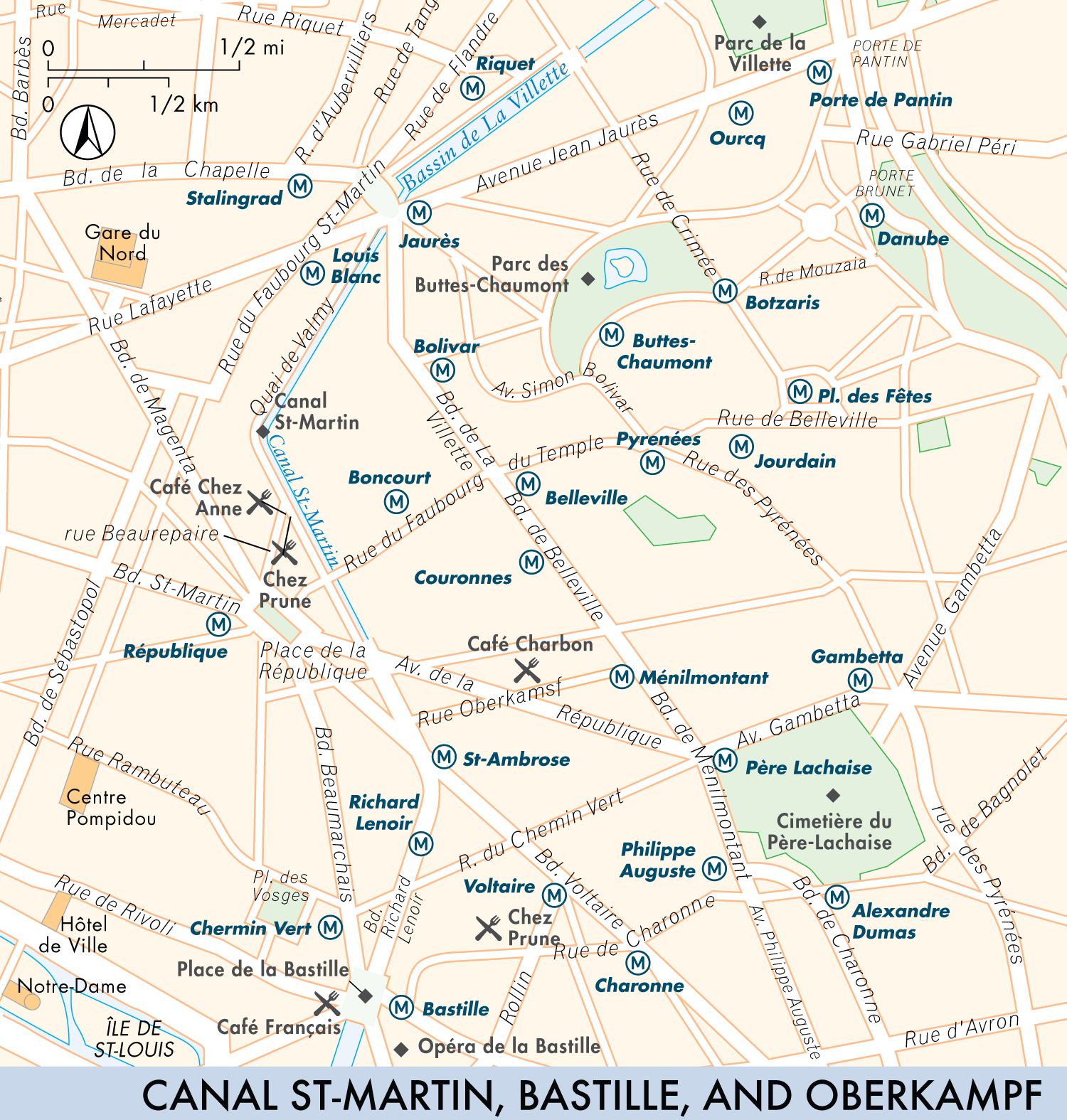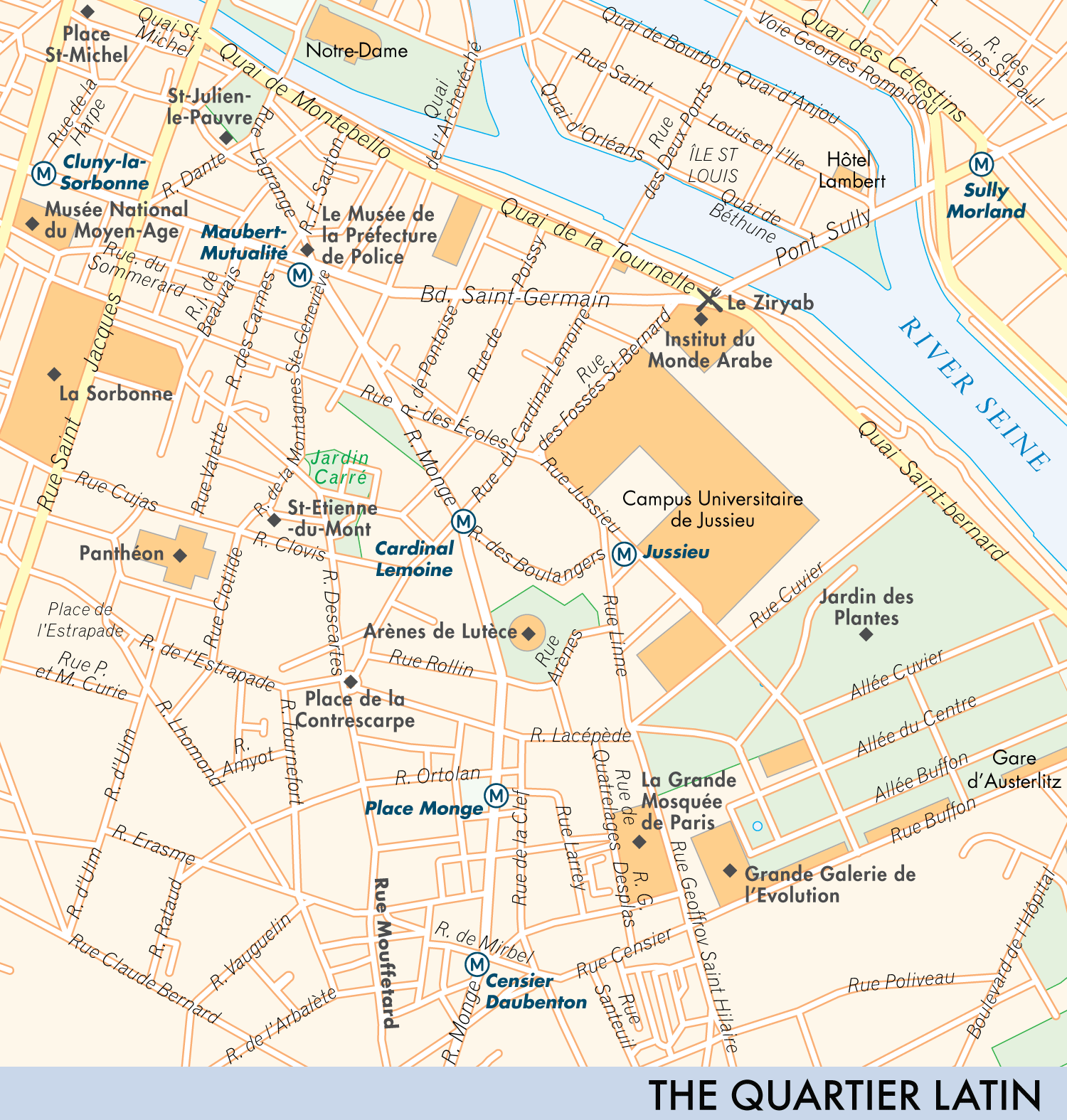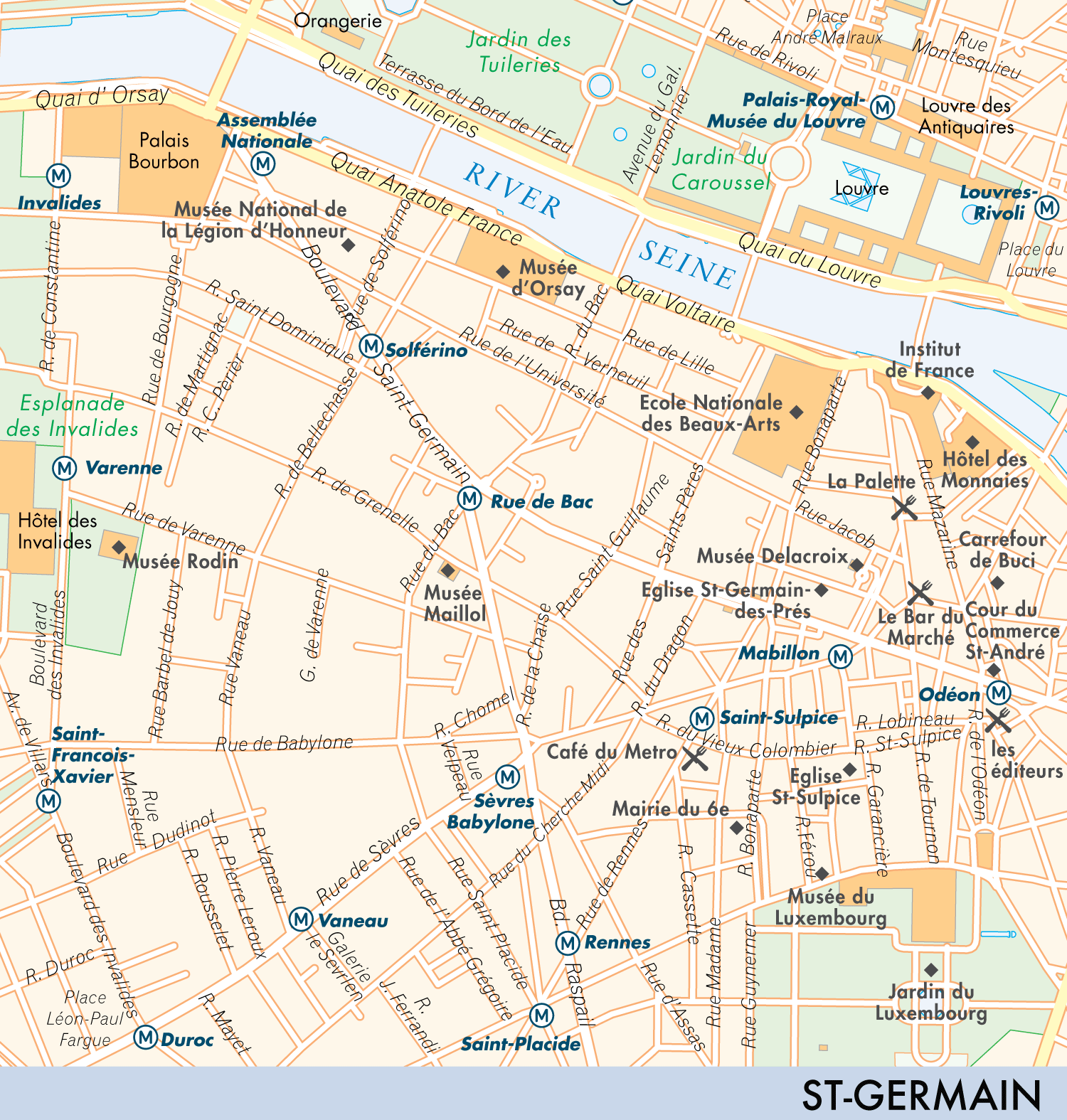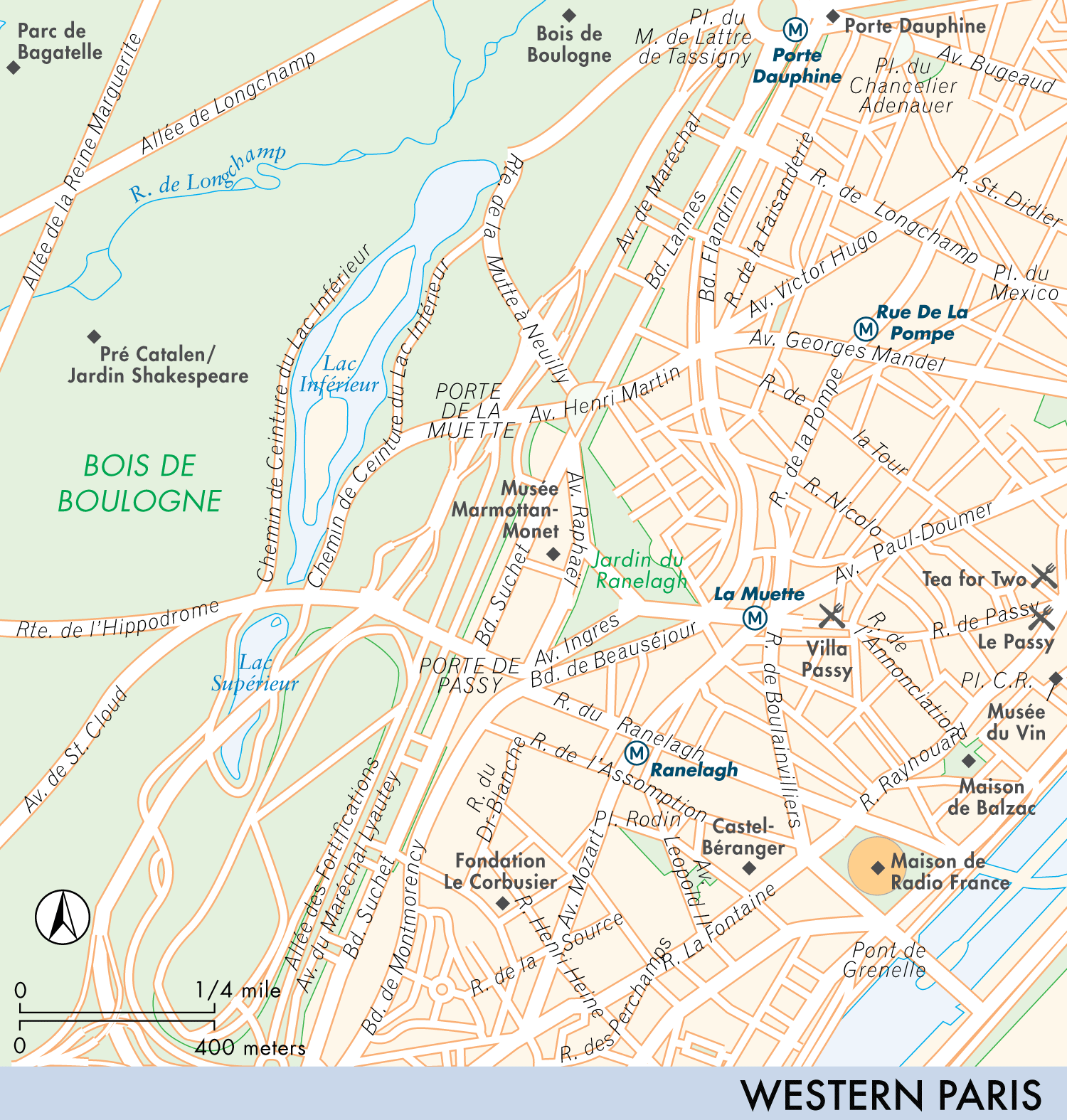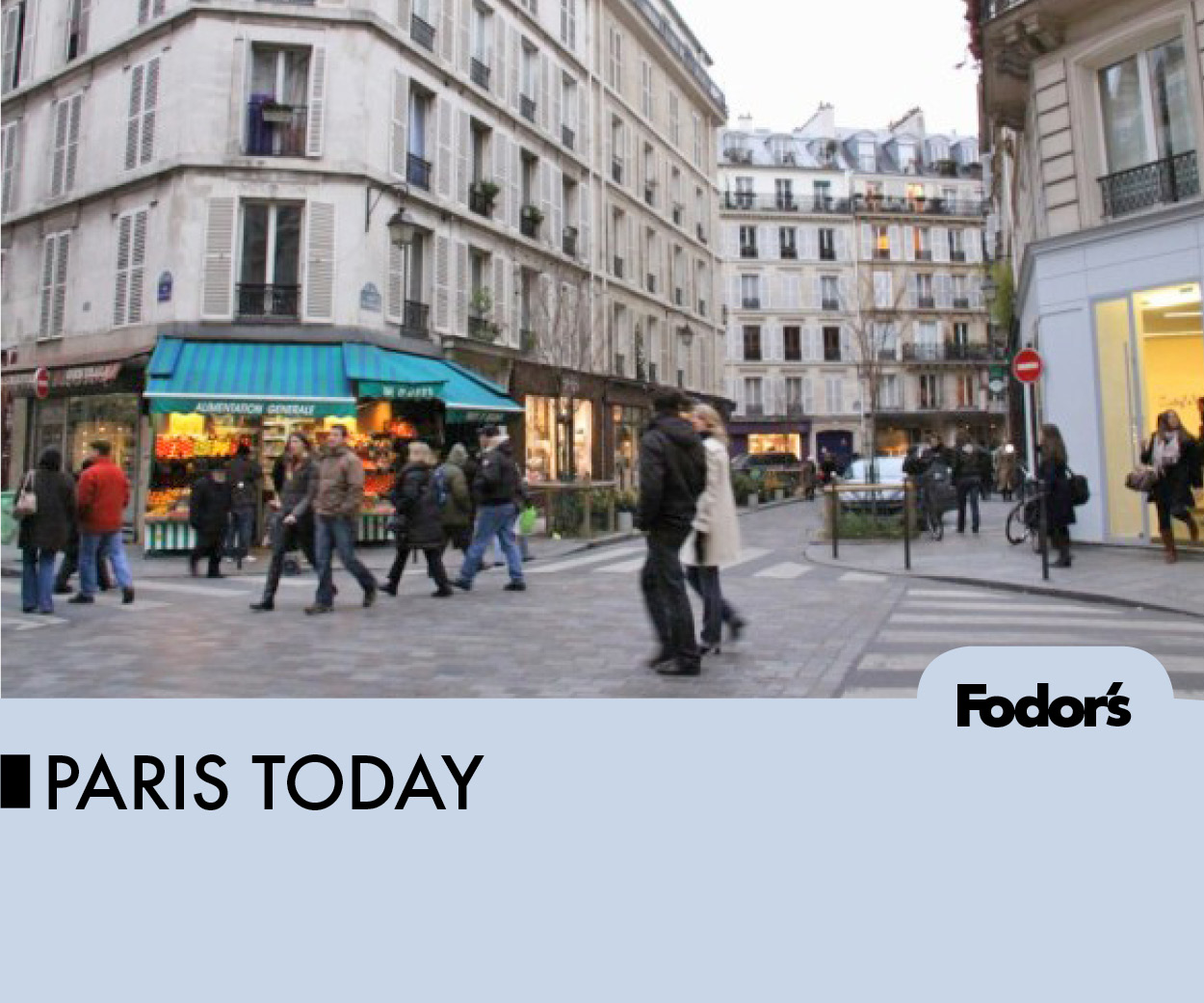Bienvenue Paris ! Or, welcome to Paris! Although it may seem as if time stands still in this citywith its romantic, old buildings, and elegant 19th-century parks and squarestheres an undercurrent of small but significant changes happening here that might not be immediately obvious.
Todays Paris
is cleaner. Parisians breathe a little easier today as the city moves toward a more eco-friendly lifestyle. And while the image of intellectual sitting in a caf, cigarette in hand, may have been as much a part of the French identity as wine and cheese, that all changed in 2008, when the French government enacted a nationwide smoking ban inside all public buildings, including hotels, restaurants, and bars. Surprisingly, smokers seem to be following along with the new rules, opting to puff away on the caf sidewalk terraces where its still allowed. The city is also cutting down on smog pollution with its popular Vlib municipal bikes; additional pedestrian, bus, and cycling lanes; and the extension of the metro and tram network. Paris even looks cleaner, thanks to a city-wide policy of scrubbing clean building and landmark facades, and the gradual replacement of paved streets with more scenic cobblestones.
is friendlier. One area where fraternit has evolved is with French service: although North Americans, raised on the principle that the customer is always right, may find servers and store clerks a bit curt (and not always so efficient), Paris has become friendlier than it once was. This can be chalked up to necessity, as the service industry scrambled to compete for tourism dollars after the post-9/11 slump in business, and many of Pariss waiters have discovered that happy American tourists tip better than unhappy oneseven when the 15% service fee is already included in the bill. Thats not to say that service is delivered with a smile everywhere; it never hurts to learn a few French phrases, which will almost always reward you with warmer welcomes.
is open in August and on Sundays. As recently as five years ago, Paris was still largely deserted in August when the locals fled to the countryside and beaches, leaving a wake of closed shops and restaurants. Today the city is very much alive throughout the summer, with outdoor music festivals, the beach along the Seine that is Paris Plage, and perhaps even budget constraints keeping more Parisians in town. While the August exodus was never official policy, the closed on Sunday was part of French law until 2009, when the government decided that allowing shops to stay open daily would boost the economy and employment. The Marais is still probably the liveliest place to go on Sunday, but other neighborhoods arent the ghost towns they once were.
is becoming more globalized. Its what the French call mondialisation, en franais, and its happening in Paris, as international chains and country-specific favorites are slowly seeping into Parisian culture. There are now more than 34 Starbucks in the city, including the location under the Pyramide in the Louvrewhere you can also find one of Pariss many McDonalds outposts. You can also find some of the more familiar American brands in Paris supermarkets, like Skippys peanut butter and Oreo cookies, if youre jonesing for a familiar taste. And as if there isnt enough challenge to the traditional caf, the Italian-owned gelato chain Amorino has opened several more shops in Paris after the runaway success of their Ile St-Louis gelateriajust a few feet from the famous French Berthillon ice-cream shop. Of course, we suggest trying both: compare and contrast!
is less paralyzed by strikes. It might be hard to believe in the wake of a major 2009 museum strike that shut the Centre Georges Pompidou, the Arc de Triomphe, the Muse Rodin, Sainte-Chapelle Cathedral, and the Muse dOrsay, and an air traffic controllers strike in early 2010 but in some respects the city is less at the mercy of strikes. It was once common for strike action in Paris to completely close down the entire metro for days or even weeks at a time. But laws passed in 2007 assure minimum service for all urban public transportation networks as well as 48 hours notice before any strike actions You may have to wait longer and cram into buses and trains with the disgruntled commuters, but at least youre no longer completely stranded.


